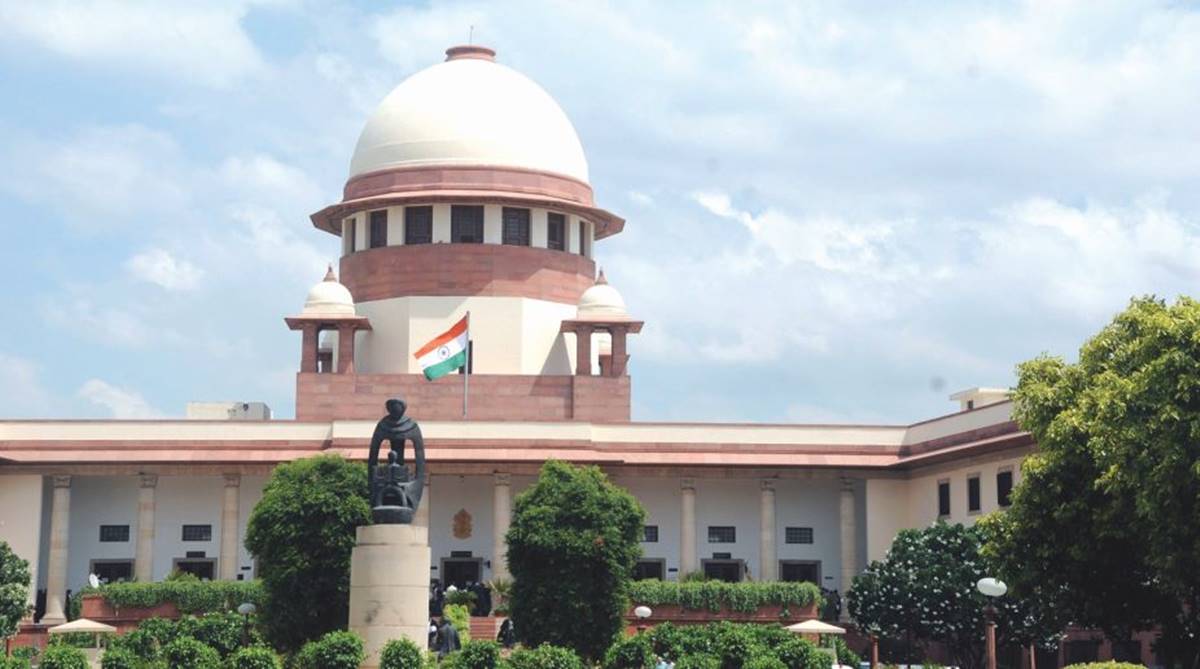India’s Got Latent: SC issues notice on YouTuber Ashish Chanchlani’s plea against FIRs
SC issues notice on YouTuber Ashish Chanchlani’s plea to quash or transfer FIR in India’s Got Latent case; tagged with Ranveer Allahabadia’s petition.
The apex court allowed passive euthanasia and also gave sanction to living will, issued guidelines governing execution of living will and also passive euthanasia in the absence of living wills.

Supreme Court of India (Photo: IANS/File)
In a landmark verdict, the Supreme Court on Friday legalised the passive euthanasia with guidelines for patients suffering from terminal and irreversible illness.
The top court observed that human beings have the right to die with dignity as it allowed passive euthanasia.
Advertisement
The apex court allowed passive euthanasia and also gave sanction to living will, issued guidelines governing execution of living will and also passive euthanasia in the absence of living wills.
Advertisement
The verdict was passed by a five-judge Constitution bench of the Supreme Court, headed by Chief Justice of India Dipak Misra.
‘Right to die’ has been recognised under Article 21 as the top court observed that individuals can decide when to give up life support system.
Last year, the Constitution Bench of Chief Justice Dipak Misra, Justice AK Sikri, Justice AM Khanwilkar, Justice DY Chandrachud and Justice Ashok Bhushan had observed that the right to die in peace could not be separated from Right to Life under Article 21 of the Constitution.
READ | What is a ‘living will’? Points you should know
An NGO, Common Cause, had moved the top court way back in 2005, seeking right to make a living will, authorising withdrawal of life support system in the event of will makers reaching irreversible vegetative state.
The central government had in the course of hearing of the matter by a five-judge Constitution Bench told the top court that passive euthanasia was the law of the land with safeguards by virtue of an earlier 2014 judgment of the top court in Aruna Shanbaug case.
The top court by its order on 7 March 2014, in conection with the Aruna Shanbaug case had permitted passive euthanasia under certain circumstances, provided it was backed by the permission of the high court.
The Centre had also told the Constitution Bench that a draft bill permitting passive euthanasia with necessary safeguards was already before it for consideration.
However, the Centre had opposed permitting a living will both on the grounds of “principle and practicality” as it expressed apprehension of its possible misuse.
Besides, NGO Common Cause, the Constitution Bench was addressed by a number of interveners who had supported permitting the living will.
A living will is made by a person in his normal state of mind that is to be executed in the event of a terminal illness if he reaches an irreversible vegetative state.
However, it was emphasised that living will could only be executed after the opinion of the medical board certifying on the condition of the patient.
(With agency inputs)
Advertisement